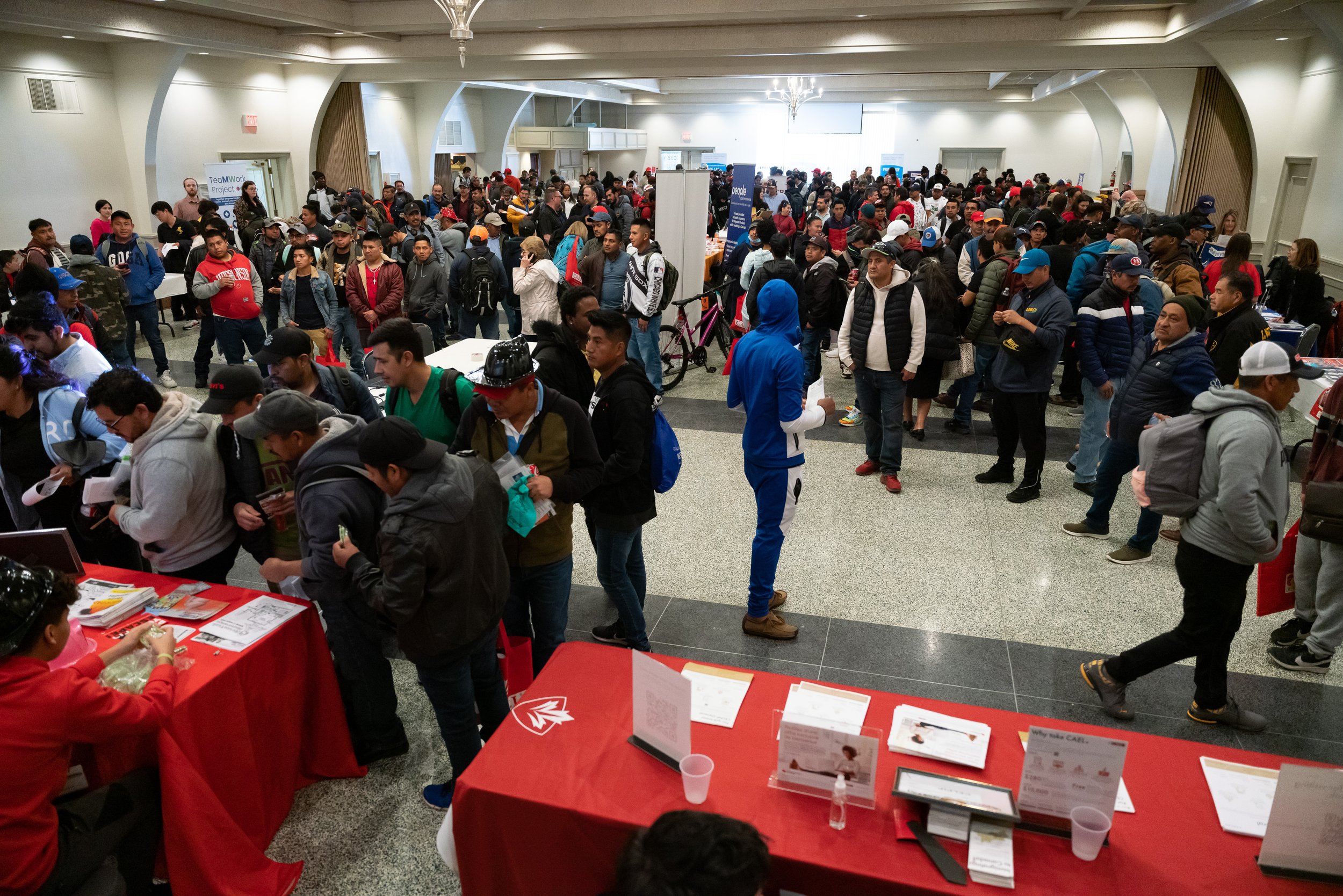A Potential Shift in Canada's Temporary Foreign Worker Program
The Temporary Foreign Worker Program (TFWP) has long been a cornerstone of Canada's labour market, providing essential support for employers facing urgent job vacancies. However, recent recommendations by the Standing Senate Committee on Social Affairs, Science, and Technology could bring significant changes to the program. These recommendations aim safeguard the rights and well-being of foreign workers and this article, we explore the current state of the TFWP and the details of the proposed recommendations.
The Temporary Foreign Worker Program (TFWP)
The Temporary Foreign Workers Program (TFWP) aims to enable Canadian employers to fill ‘urgent’ job vacancies resulting from worker shortage and unavailability. It was originally conceived as a labour-market ‘safety valve’, but the TFWP has become vital to Canada’s growing labour market.
The TFWP is also an opportunity for many immigrants to obtain Canadian work experience which can help when filing for permanent residence under the Canadian Experience Class or Express Entry. Employers wishing to hire TFWs must receive a positive or neutral Labour Market Impact Assessment (LMIA) from Employment and Social Development Canada (ESDC). The LMIA shows that the hiring of a foreign worker is unlikely to negatively impact the labour market in Canada.
Conditions for Applying to LMIA:
Employers must advertise the job for a specific period.
An employer must demonstrate that no suitable Canadians or permanent residents have applied for the position.
Once an employer has a valid LMIA, they can give it to a prospective employee, who then applies to the IRCC for a work visa.
Responsibilities of an employer:
Pay the declared wage
Provide housing and medical insurance
Ensure workers’ safety
For more information on the LMIA as a Canadian employer, click here.
Closed Work Permits & Recommendations
Currently, the TFWP issues closed work permits, which tie workers to one employer. If the worker leaves their job, they lose their immigration status. Exceptions are made in cases of employer abuse, but abuse often gets overlooked. If a worker is tied to a specific employer and is in fear of losing their immigration status, they become vulnerable and are more willing to put up with poor working conditions and abuse from their employer.
The Standing Senate Committee on Social Affairs, Science, and Technology has recommended phasing out employer-specific work permits within the next three years to protect against this abuse and vulnerability.
Open, sector, or region-specific work permits are being proposed as an alternative, which would allow companies to share the administrative burden of providing housing, transportation, and healthcare.
Communication & Migrant Worker Commission
A significant issue currently faced by the departments managing the TFWP is poor communication. Workers' rights are not always effectively communicated, and some employers only temporarily improve conditions to pass inspections. This lack of communication is highly detrimental to foreign workers, as instances of mistreatment and abuse can go unnoticed and unreported for extended periods.
A proposed solution is to establish a Migrant Work Commission to represent the rights of temporary foreign workers (TFWs). This commission would serve as a single point of contact for reporting abuse and mistreatment. It would also organize annual meetings and develop a research program to gather and share information about migrant workers' experiences in Canada. The commission would facilitate more effective sharing of pre-arrival information for TFWs, ensure more thorough workplace inspections, and enhance overall enforcement measures.
Looking to provide your foreign workers with the necessary healthcare coverage?
Click through the video below to learn about the FWCHP.
Conclusion
In conclusion, the recommendations made by the Standing Senate Committee on Social Affairs, Science, and Technology mark a significant turning point for the Temporary Foreign Worker Program (TFWP) in Canada. The proposed end to restricted work permits and the introduction of open, sector, or region-specific permits aim to provide greater protection and flexibility for foreign workers. These changes promise to alleviate the vulnerabilities faced by workers tied to a single employer, thereby reducing the risk of abuse and exploitation.
The establishment of a Migrant Worker Commission represents a proactive step toward improving communication, safeguarding workers' rights, and ensuring better enforcement of workplace standards. This commission would not only provide a dedicated channel for reporting maltreatment but also foster a comprehensive understanding of the experiences of temporary foreign workers in Canada.
As Canadian employers, it's crucial to recognize the indispensable role that TFWs play in our labour market and to support measures that enhance their working conditions and overall well-being. With these proposed changes, the TFWP can continue to serve as a vital component of Canada's economic landscape, while upholding the dignity and rights of the workers who contribute so significantly to our society.
Credit to TUC Organization for all information used in this article - https://tucnigeria.org.ng/canada-to-end-closed-work-permits-report-july-2024/

